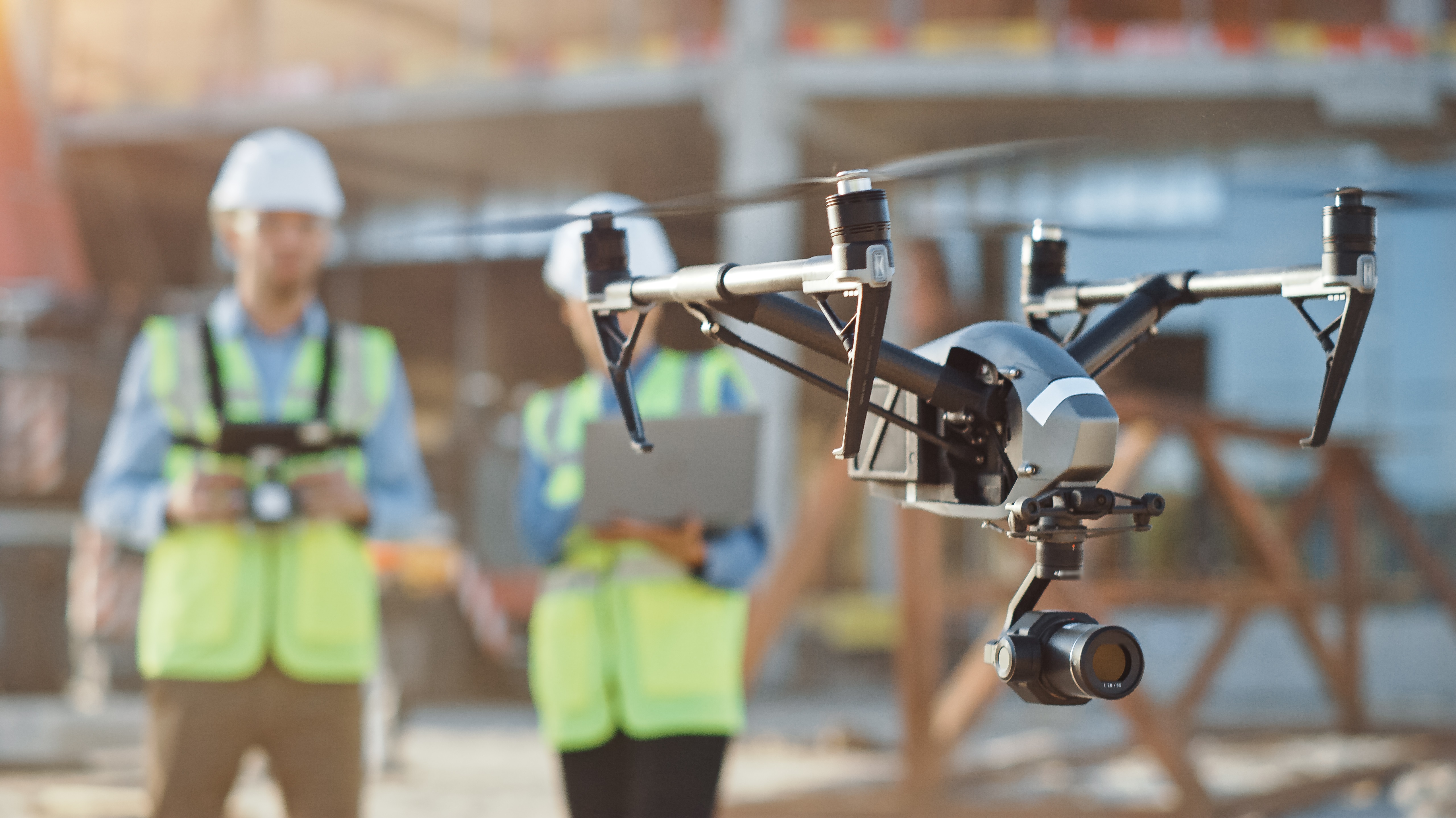Digitalisation is a key enabler for the Built Environment (BE) sector. It facilitates new and better ways of working remotely, raises productivity and boosts the industry’s resilience.
To drive the digitalisation of the construction industry, BCA works closely with various partners within the BE sector to support the implementation of Integrated Digital Delivery (IDD) in their projects.
Guided by the Construction Industry Transformation Map, more than 250 leading firms have participated in 48 IDD demonstration projects across building categories to date, and benefited from digitalisation of their entire project lifecycle. Best practices from these projects will be compiled into useful guides and training materials for future projects.
Why IDD matters
IDD refers to the use of digital technologies throughout the four stages of the BE life cycle – Design, Fabrication, Construction and Asset Delivery & Management.
IDD eliminates laborious paper-based processes. It integrates work processes and stakeholders along the value chain through data and advanced info-communications technology.
By involving all stakeholders in the early stages of a project’s lifecycle, IDD improves decision-making and avoids costly abortive works downstream. It also supports remote collaboration, ensuring operational continuity in the face of unforeseen circumstances, such as the COVID-19 pandemic.
An increasing number of firms are realising that IDD brings about many benefits to their projects. The inaugural BCA IDD Award was launched in 2021 to recognise firms and projects for their outstanding IDD adoption efforts and to also encourage others in the BE sector to do the same.
Driving productivity
To drive IDD, the industry-led Digitalising Built Environment Alliance for Action, or AfA, was formed in 2020 under Singapore’s Emerging Stronger Taskforce (EST) to accelerate digitalisation of the BE sector. EST’s role is to steer Singapore’s economic development in a post-pandemic world.
In 2021, the Digitalising Built Environment AfA launched a common set of data standards to encourage digital collaboration and integration of work processes across the BE value chain. Today, both public and private sector clients have nominated a total of 25 projects involving 300 firms to adopt digital platforms based on use cases outlined in the common data standards.
Plans are also underway for the revamp of the current e-submission platform, Construction & Real Estate Network (CORENET), which has served as the de facto system for regulatory approval for building works since 2001. We aim to improve the way industry stakeholders interact online with regulatory agencies, and make the regulatory approval process more collaborative and efficient through digital technologies.
Given that more than half of the buildings in Singapore will be 30 years or older by 2025, we will step up the development of the facilities management sector and help firms raise their productivity through adoption of smart technology.
|
|
 Leveraging the latest technologies like drones at construction sites. Leveraging the latest technologies like drones at construction sites.
|
|
Sustaining collaboration
As Singapore advances into the next phase of industry transformation, the spotlight will be on transforming entire value chains. Stakeholders in the construction industry will have to work together to integrate and digitalise processes, and upskill their workers.
When it comes to improving competencies, companies such as Kimly Construction and Lum Chang are going the extra mile. Besides boosting their existing employees’ digital skills, these companies have also participated in the Professional Conversion Programme for Building Information Modelling (BIM) Professionals to identify new talent and groom mid-career job seekers to take on such careers in the BE sector.
Other initiatives aimed at nurturing a nimble talent pool include the Built Environment Skills Framework, which provides clear competency ladders for different job roles and guides building professionals and firms on necessary IDD skills and training; and the Digital Delivery Management Accreditation Scheme, a structured framework that assesses an individual’s digital competencies and assists companies to identify those with the right skillsets.
Get inspired
Digitalisation is for companies of all sizes. But don’t hear it from us – hear it from the BE firms and professionals themselves.
JTC CleanTech Two
Employing digital technologies and digitising formerly manual and time-consuming processes proved to be a winning strategy for this JTC project, which was lauded by BCA for its exemplary implementation of IDD.
PSA Tuas Port Maintenance Base
From Virtual Reality and Virtual Design and Construction (VDC) to a BIM-based project management software, PSA Tuas Port Maintenance Base was able to reap the benefits of an IDD approach through the use of digital solutions, technologies and platforms.
Punggol Town Hub
Guan Ho Construction is one of the early adopters of IDD technologies. Discover how the firm was able to visualise, coordinate, communicate and build more efficiently and effectively with project partners – including suppliers and sub-contractors – for Punggol Town Hub.
The Arc, Nanyang Technological University
Hear from Aaron Foong, Managing Director at KTP Consultants Pte Ltd, on how BIM and VDC technologies have helped him and his team to overcome various structural challenges for this smart learning hub.
Want to know more about how IDD can benefit your projects? Get the latest on IDD plans, case studies, available support and resources, and be a part of the digitalisation journey.